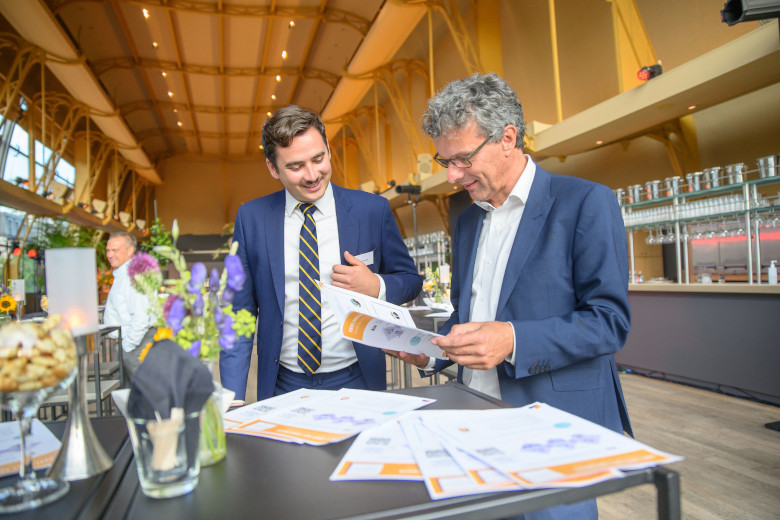
The Federation of European Manufacturers and Suppliers of Ingredients to the Bakery, Confectionary and Patisseries Industries (Fedima) welcomed guest panelists from across the bakery ingredients sector, including representatives from AIBI, CELCAA, and EuroCommerce, to discuss the resilience of the bakery supply chain. The panel discussion was held on the occasion of Fedima’s Annual General Assembly (GA) in Antwerp, Belgium, from September 22 to 23, 2022. The discussion encompassed several topics, including the crises facing the supply chain, sustainability, digitalization, and data usage.
Opening the session, Pieter Devuyst, News Analyst for European Food and Agriculture Policies at S&P Global, gave an overview of the main challenges for the industry, focusing on the impact of the war in Ukraine, the EU’s policy responses, and the EU’s continued push for more sustainability in food supply chains. He noted that “the challenges for the European bakery industry are unprecedented and are seriously testing the resilience of food supply chains”.

Leena Whittaker, Director of Competitiveness at EuroCommerce, also noted that “policy makers’ actions sometimes do not take into account the complexity of supply chains. This is why associations and businesses should be part of the conversation from the start, to share the reality and explain the potential effects of policy decisions. When considering improving sustainability in supply chains, what we need is a collaborative approach, that offers legal certainty to try new methods and does not deter the first movers”.
Uncharted territory
Didier Jans, AIBI Secretary General, summarized: “We are facing times of new and developing crises, shifting the sector’s focus to energy. The industry has demonstrated a lot of agility in the past few years, but it would be great to see that same agility and adaptability from the authorities and policy makers. In this way, and with strong collaboration across the value chain, the food sector can grow in resilience and more proactively face the challenges ahead.”
“We are delighted to have welcomed speakers from across the value chain to discuss such pertinent issues for our industry. With the combination of the energy crisis, food security issues, and ongoing effects of the COVID-19 pandemic, it is increasingly important for our supply chains to be as crisis-proof and resilient as possible. This can only be achieved when all actors of the value chain come together to find innovative and creative solutions. At Fedima we are exploring the many ways in which collaboration with other industry players can help us achieve our goals and the common goals of the sector,” also said Johan Sanders, President of Fedima.
Improving sustainability in the sector is at the core of Fedima’s work. The association published a Position Paper for a Sustainable European Bakery Industry and a Vision Paper on Sustainable Packaging and aims to share best practices among its members, to collectively address this issue. Fedima gathered its members in Antwerp for the first in-person assembly since 2019, to discuss the association’s future goals, relevant EU policy developments, and the challenges and opportunities for the sector.
Fedima is made up of national associations across 13 countries, representing an estimated 24,850 direct employees across Europe, and represents an industry worth approximately EUR 6 billion in annual turnover.
Photos: Fedima


